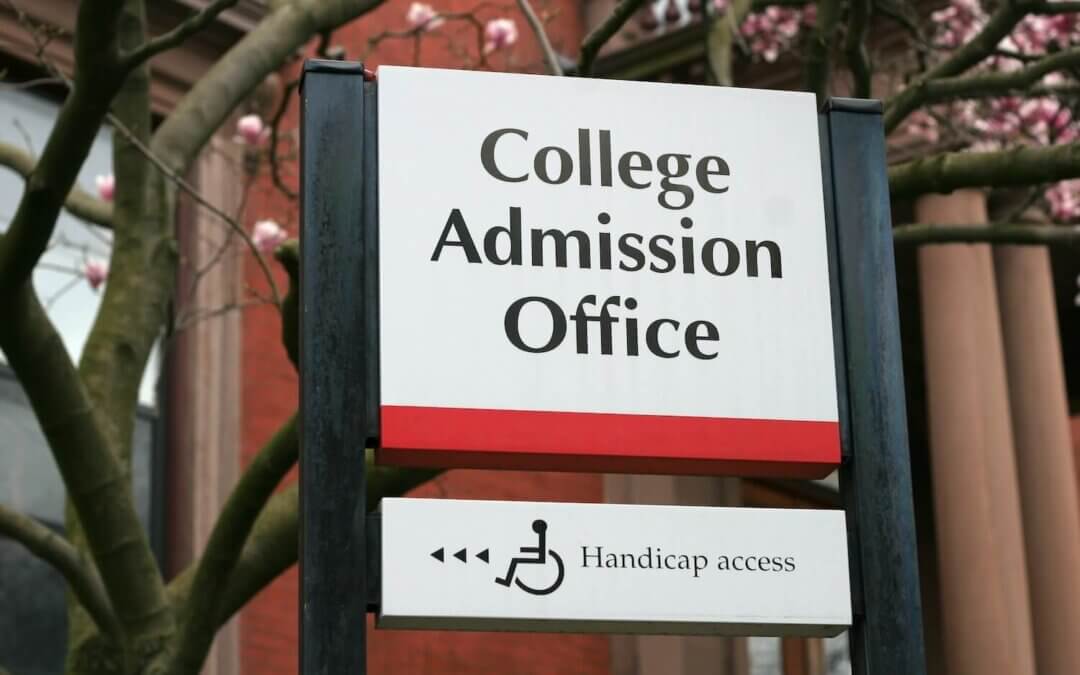What are the main differences between AP and IB? How do I know which classes I should take?
Choosing classes is an important decision for every high school student. You want to take classes, or enroll in a program that suits your interests and strengths. The answer to this question depends on what is offered at your school. Some schools offer the IB Diploma Programme exclusively, while other schools offer a host of both AP and IB classes. Some schools also offer the AP Capstone Diploma.
What is the AP Capstone Diploma?
In 2014, AP shifted towards a more comprehensive program with the launch of the AP Capstone Diploma. The Capstone Diploma requires students to earn a score of three or higher on four AP exams of their choice, and to take two classes; AP Seminar and AP Research. These are courses devoted to the development of soft skills such as critical thinking and research. Students can also take AP Seminar and AP Research to earn the AP Seminar and Research Certificate, which is different from the Capstone Diploma in that it does not require scoring a three or above on four additional AP courses.
AP Capstone vs IB Diploma
In a way, AP is adopting some of IB’s holistic pedagogy with the Capstone. However, AP’s philosophy is to expose high school students to college level work; students who pass their AP exams can earn college credit at participating universities. IB’s philosophy is to prepare students for college by exposing them to college level expectations, but not necessarily college level curricula. IB places an emphasis on skills like independent learning and time-management skills, whereas AP aims to make college curricula accessible to high school students.
Instead of enrolling in either of the diploma programs, you may elect to take a mix of both AP and IB classes and take some standard level classes. Taking a mix of classes would allow you to take difficult IB and AP classes in your strong subjects, and avoid difficult classes in your weaker areas. This is one of the downsides to taking the full IB Diploma; IB requires you to complete classes from all six categories in the core, so it’s possible that you will have to take a class in a subject you dislike or are not very strong in. AP Diploma allows you free choice over which four classes you take, meaning that you can avoid taking such classes.
AP Exams versus IB Exams
IB exams typically come in two to three parts, called Papers 1, 2 and 3, and are usually taken over a two day period. AP exams are taken in one day. Another major difference between AP and IB is that you can register and sit for AP exams without being enrolled in AP courses, but you must be enrolled in IB classes in order to sit for IB exams. In theory, you could enroll in IB courses and sit for both IB and AP exams, but this is not recommended, as sitting in either AP or IB classes allows you to learn the theories and methods specific to AP and IB, and prepare you for their final exams.
In many schools, AP courses are offered in 9th through 12th grades, meaning that you could stagger your Capstone requirements over your entire high school career. For example, you could take one of the four AP courses each year, and take the Seminar and Research courses in either 10th and 11th grade, or 11th and 12th grade, respectively. This allows for a great deal of flexibility, as opposed to IB Diploma, which requires you to take five to six higher level courses simultaneously in both 11th and 12th grades.
Consider how this will affect both applying and attending college…
If you have an idea of the colleges or universities you’d like to apply to, do some research to determine whether or not they have a preference for AP or IB classes or diplomas. Some universities give preference to one or the other. If this is the case, taking the preferred courses may bolster your chances for admission.
Once you get to college, you may be able to apply high AP or IB scores for college credit. Most schools accept either AP or IB of a high enough score for college credit, while others only accept AP or IB. You may want to determine whether or not your school has core requirements for graduation, and if you can apply AP or IB credit to fulfill these requirements. Testing out of core requirements can be beneficial in allowing you to take more classes in your major or department, spread out your major requirements over four years, or graduate early.
So, it’s important to create a schedule that will push you academically, impress college admissions officers, and allow you to succeed. Take pedagogy, workload, interests and future plans into consideration when making this decision. If you’re unsure of which program or classes are right for you, ask your teachers or guidance counselors for their advice. Your teachers know you well, and can speak to your learning style and work ethic, so their advice will be valuable in helping you make the decision. Pay attention to your strengths and weaknesses, and interests, and choose accordingly! Best of luck!












